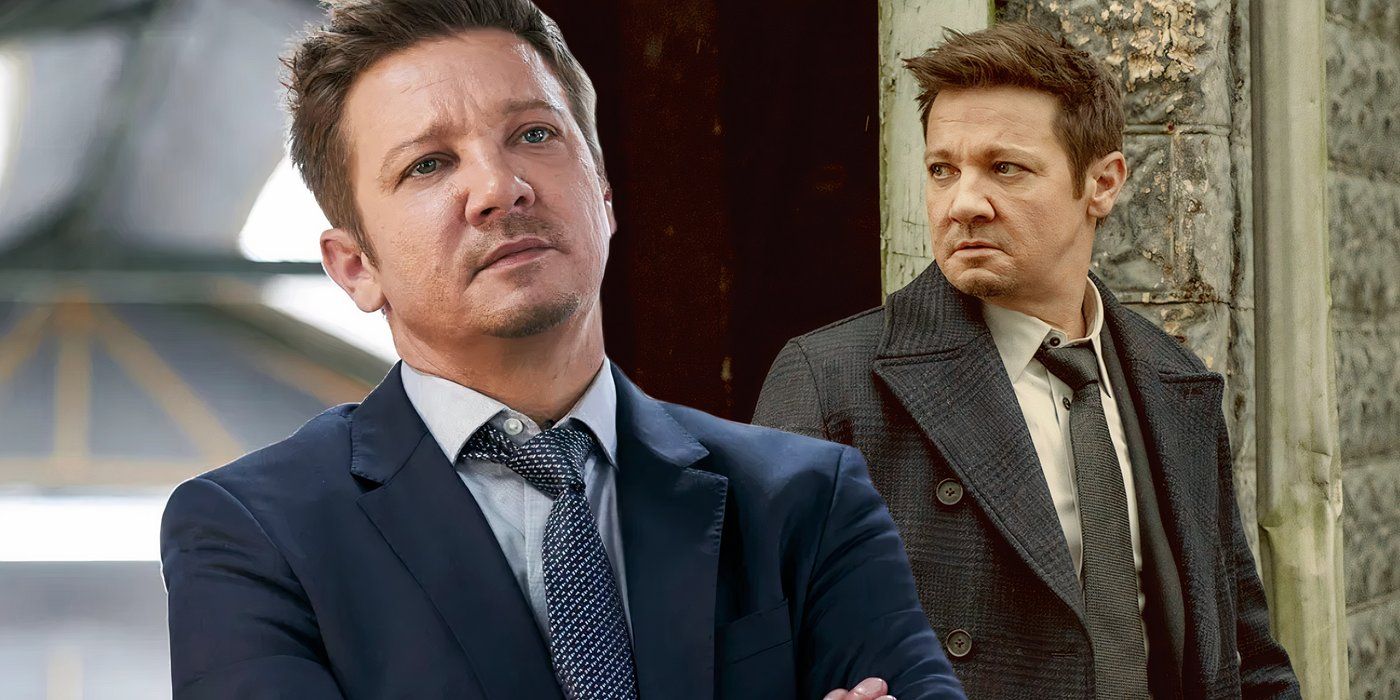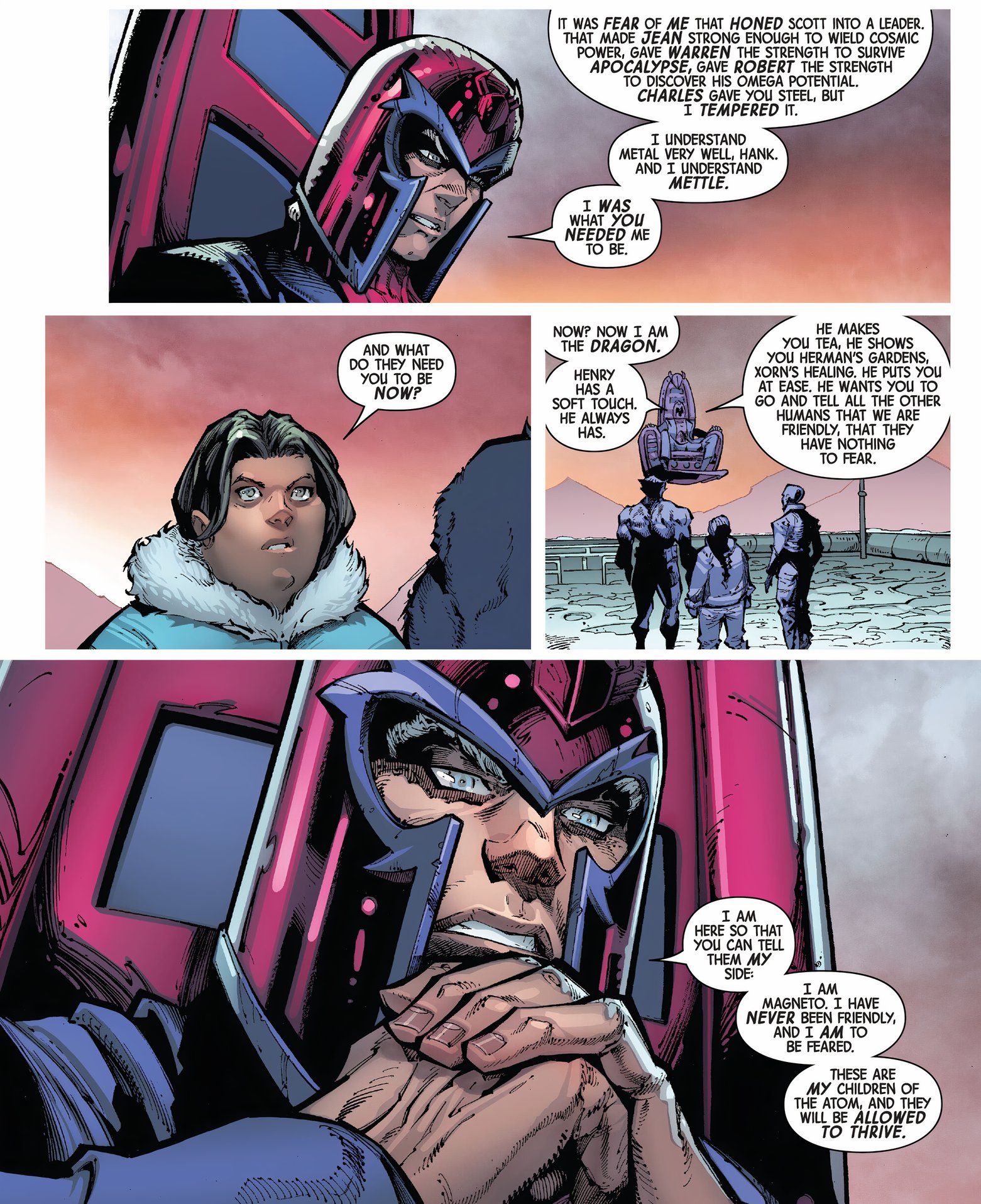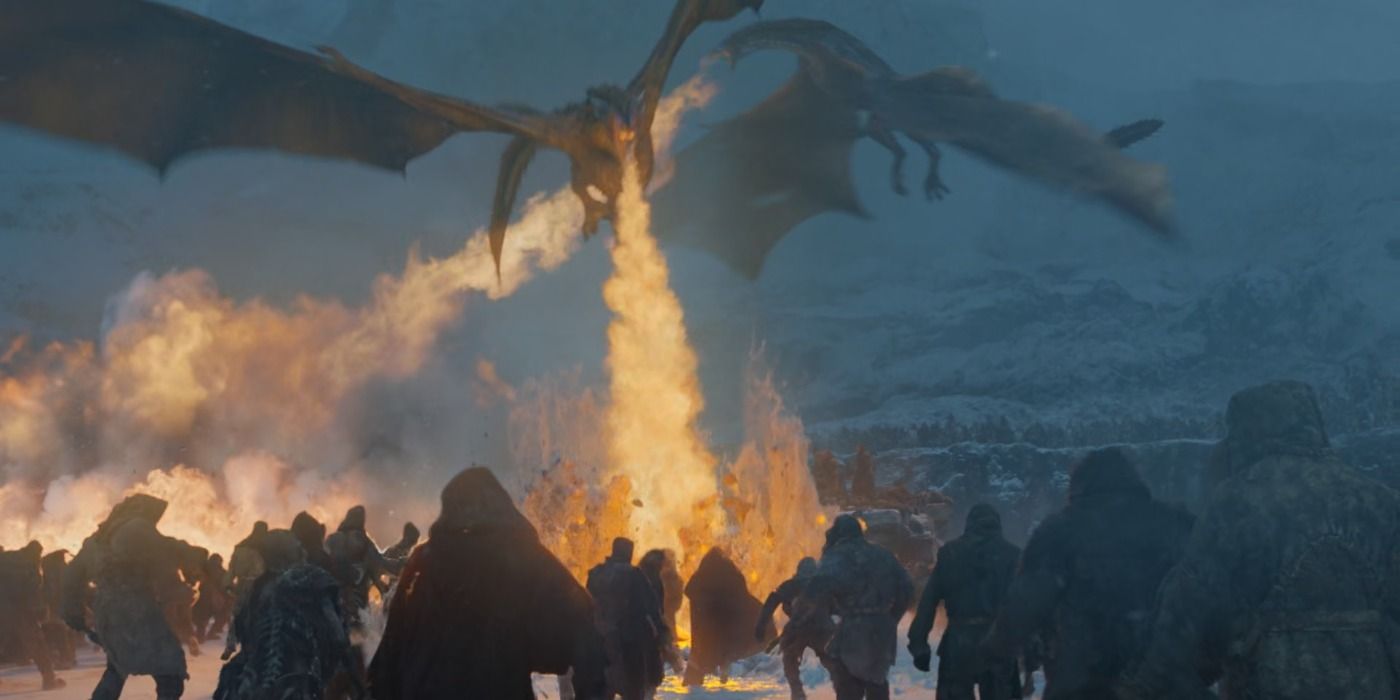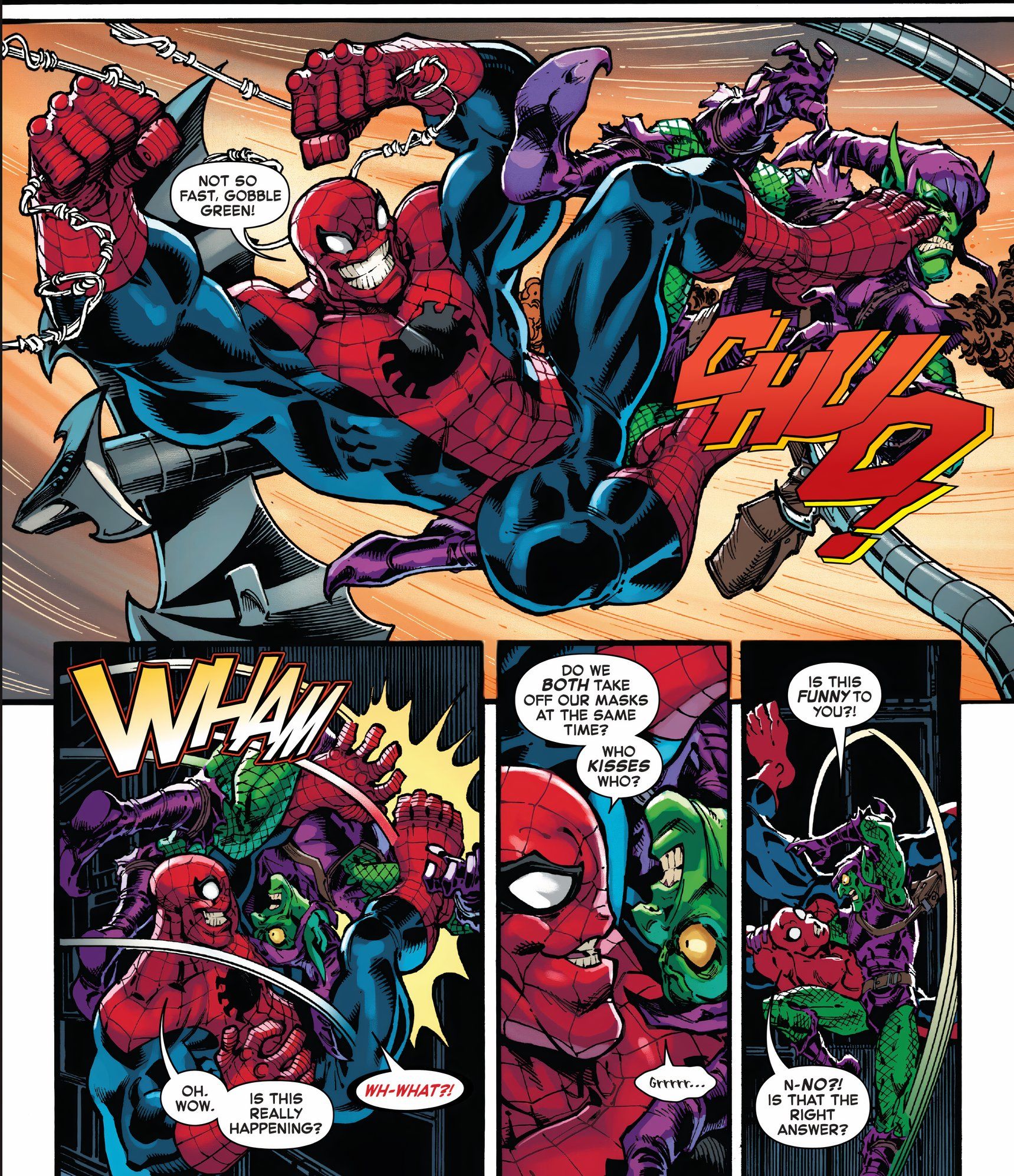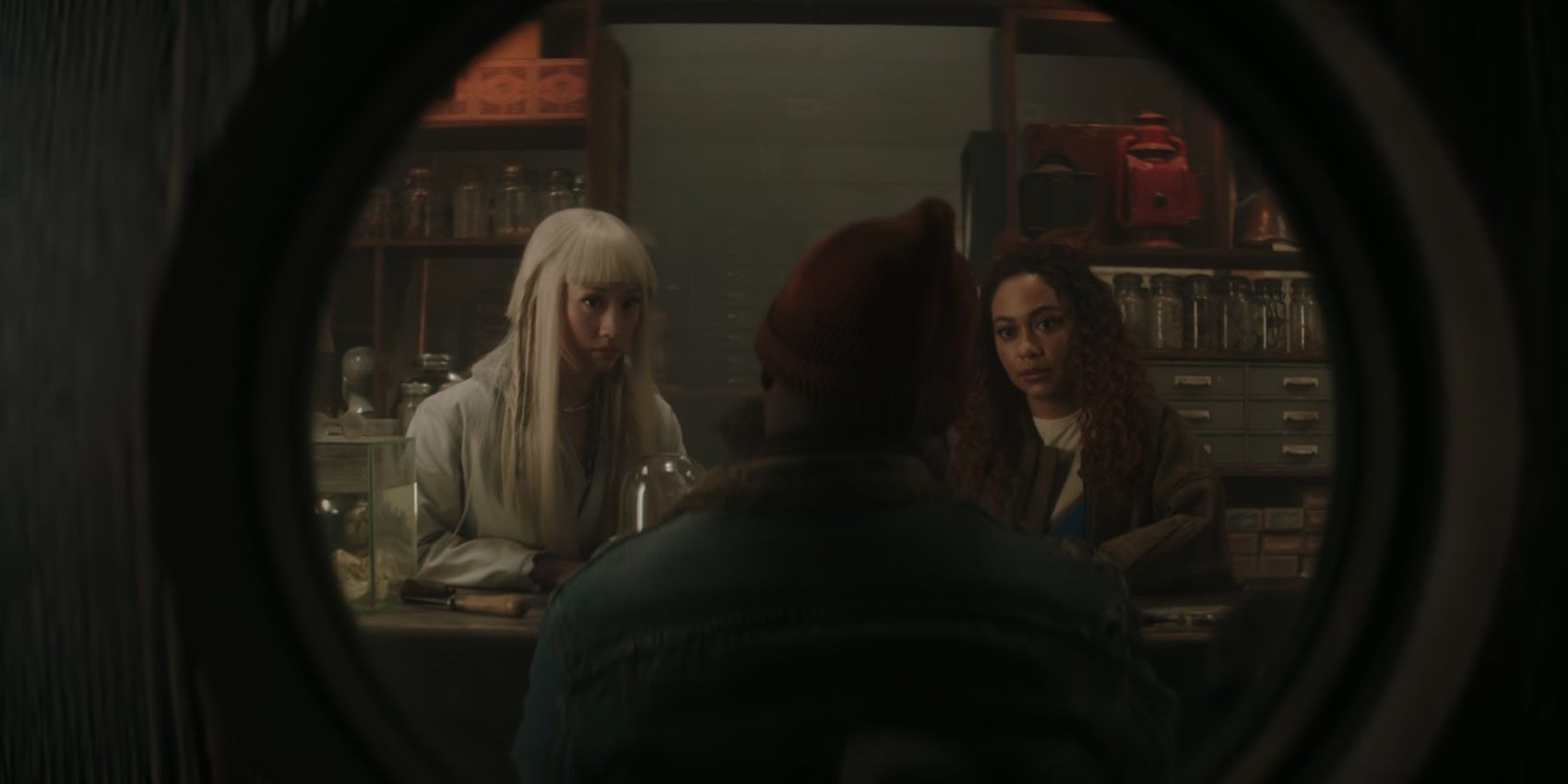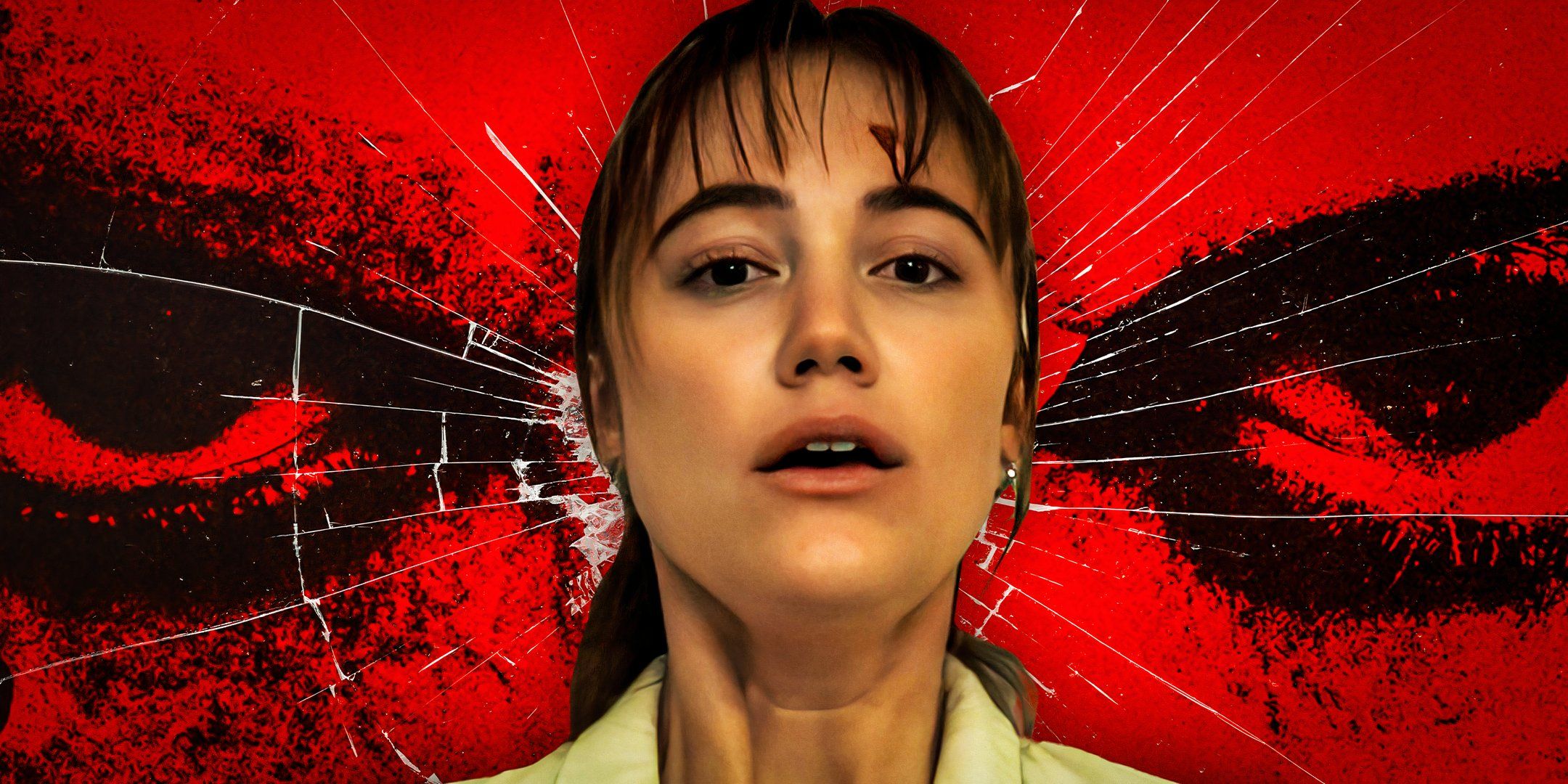One common criticism of superhero movies is that they’re far too formulaic, but time and time again, the genre has re-invented itself with movies that break the mold. There is something of a classic playbook many superhero movies operate by, especially in the modern day, dominated by the MCU’s winning formula. But a great many of the most famous comic book movies have dared to try something different, forever altering the comic book adaptation landscape by allowing others to follow their lead.
Once upon a time, superhero movies were thought to be too niche, languishing in obscurity as specialty films with a limited target audience. Now, that couldn’t be further from the case, with many Marvel and DC films regularly breaking records for the highest box office of all time. Beyond allowing the genre to enter new territory in terms of popularity, formula-breaking superhero films have increased the scope of tone, themes, and representation possible within a big-budget release.
10
The Incredibles
A four-quadrant movie with a focus on family
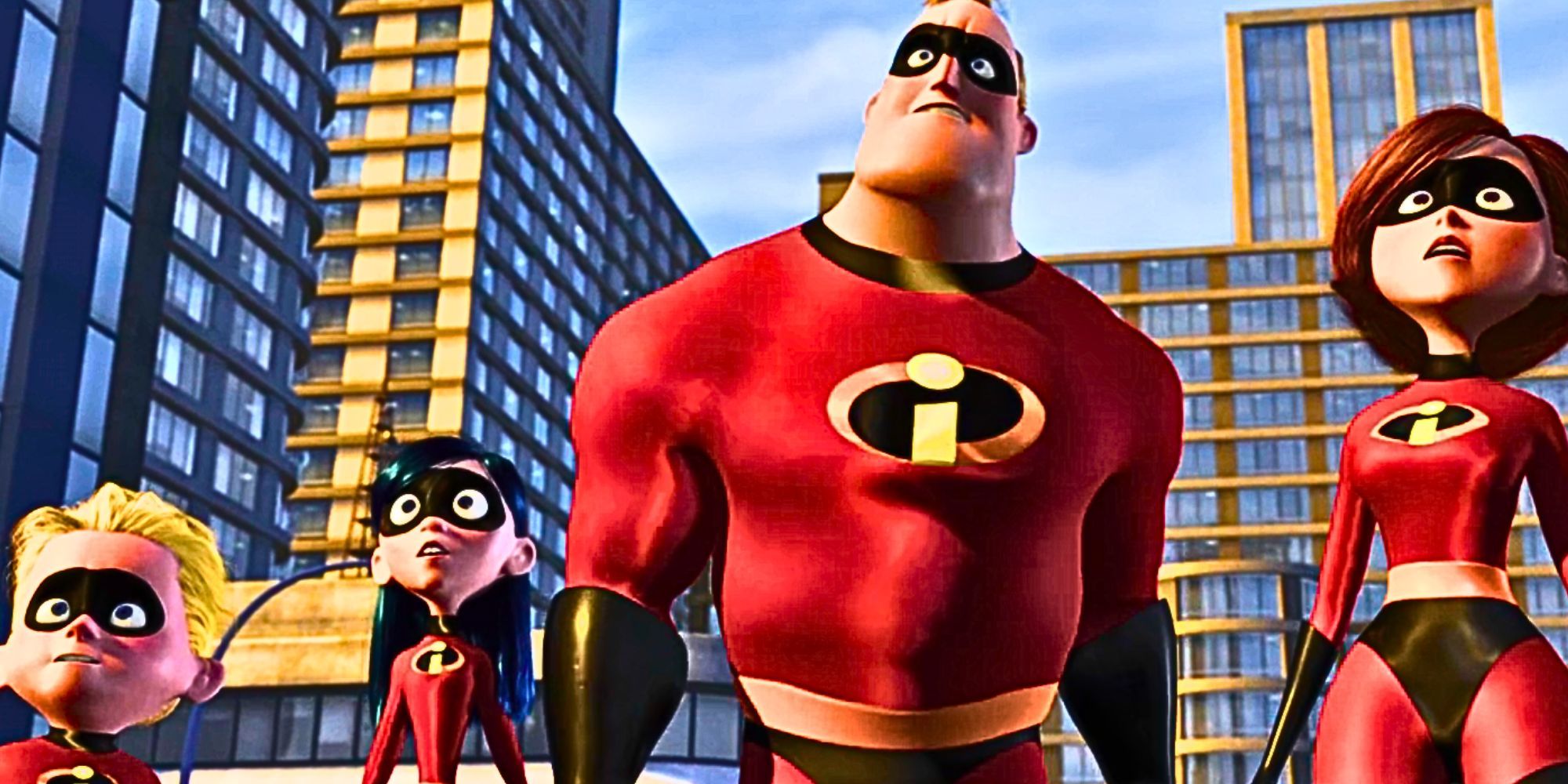
By the time of The Incredibles, superhero movies were just barely beginning to prove that they were worth investigating for adult audiences, with successes like 1989’s Batman and edgy trials like Ang Lee’s Hulk pushing the boundaries of what was considered family friendly. In the animated space, superheroes were still somewhat squarely written off as kid’s stuff, with only the quality of the DCAMU just barely breaking ground as a cartoon franchise worth taking seriously. The Incredibles proved that superheroes could find genuine success in all audiences at once, appealing to bored kids and entertainment-seeking adults alike.
The focus on family The Incredibles has is the crux of its success. In a way, the film manages to be the best Fantastic Four movie ever made, despite not existing in the Marvel universe, having a loving take on a superhero family that clearly cares for one another while still feeling realistic. Surprisingly dark while undeniably safe and still able to tell an amazing story, The Incredibles moved the medium of animation, particularly in 3D, forwards as a respectable medium through which to tell noteworthy superhero stories.
9
Watchmen
Faithfully adapted a beloved book
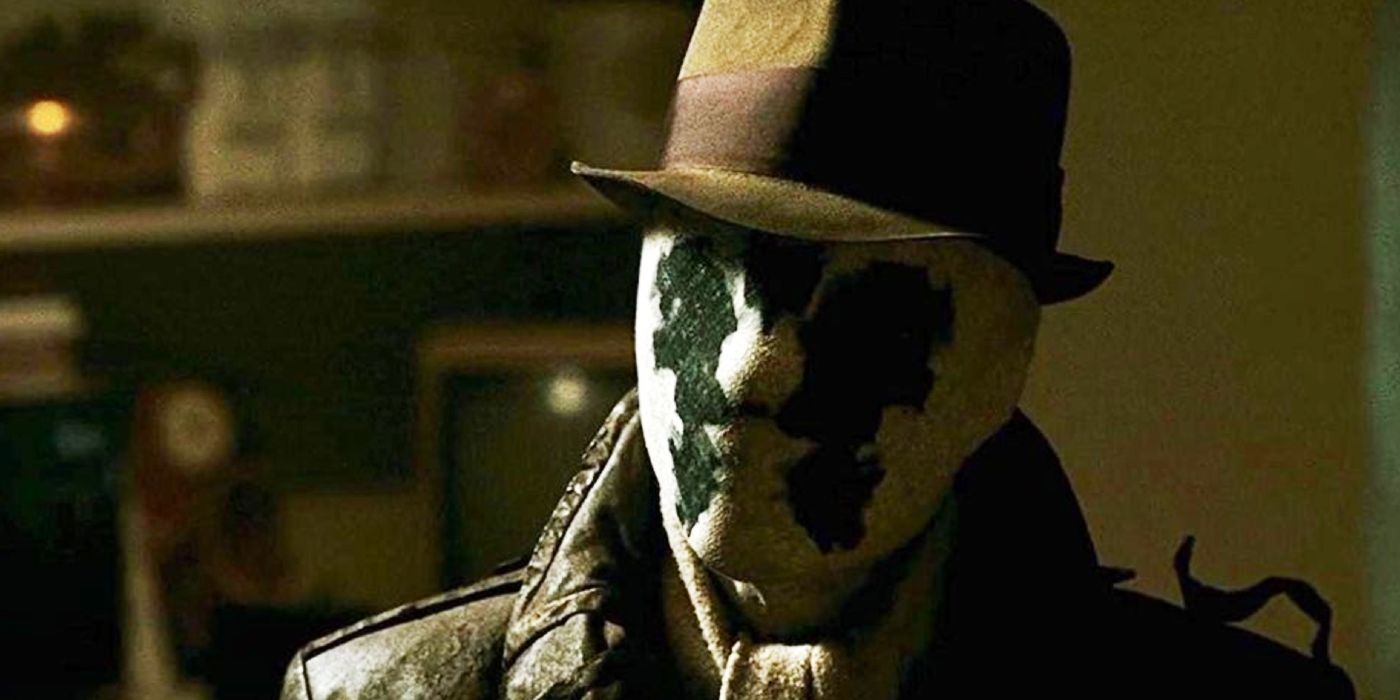
There aren’t many superhero movies that can squarely place their inspiration on a single comic volume, but Watchmen undertook the herculean task of adapting famous graphic novelist Alan Moore’s most critically-praised material. Certainly not meant for kids, Watchmen is by far the best movie directed by Zack Snyder, forever moving forward the possibilities of what a comic book adaptation could accomplish. After the film came and went, the possibilities of what a superhero movie could accomplish were forever broadened.
Not only was the film able to faithfully adapt the legendary novel, but it actually made some improvements to the plot. Rather than a random giant squid monster, the alien threat Ozymandias pits humanity against is Doctor Manhattan himself, better tying in the characters to the narrative at large. True to Moore’s vision, the film explores the dangerous practice of idol worship superheroes imply, and presents a dark alternate history that explores the legacy of heroes on real-world politics, governments, and self-consciousness.
8
Hancock
One of the most realistic takes on a superman figure yet
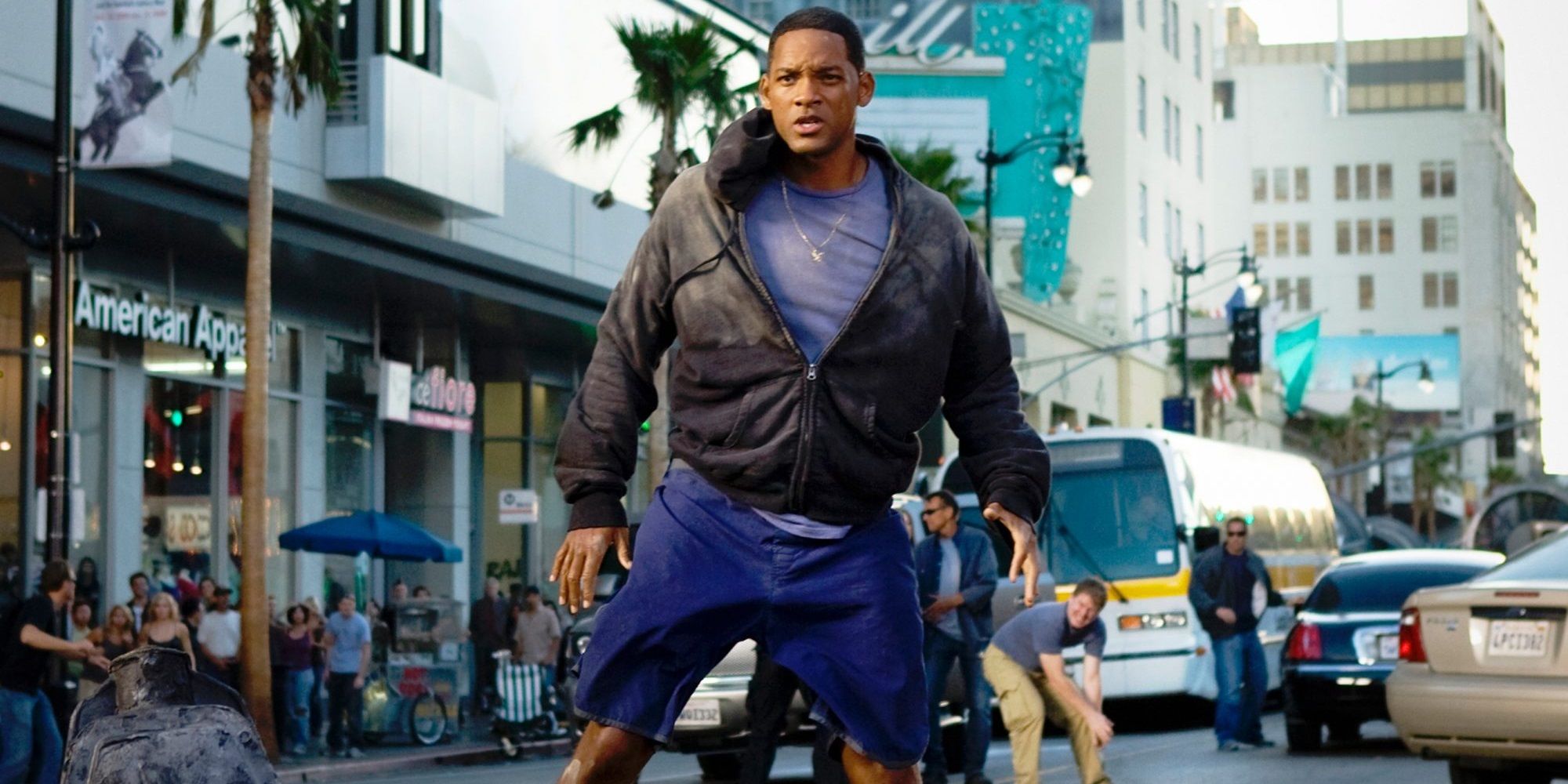
The trope of an evil Superman has been done to death, with figures like Homelander and Omni-Man taking over pop culture’s perception of a Kryptonian powerset applied to the real world. But Hancock offered a glimpse at a more morally-ambiguous superhuman, with one of the most realistic interpretations of what such a being’s life might look like in the real world. Not based off of a pre-existing comic, Hancock brought the world of superheroes down to earth in a way that hadn’t been done before or since.
Rather than being a stalwart idealistic hero or a slowly-corrupted martyr, Will Smith’s Hancock is painfully human. He’s prone to getting angry, losing his cool, and often acts irrationally even as he tries his best to do the right thing. Beyond the presentation of the titular character, Hancock continued to break the mold by developing into a curious mystery and love story between two powered beings with intertwined fates. Even if it was ultimately detrimental to the film’s narrative, Hancock‘s willingness to take risks opened up new avenues for future films to explore.
7
Chronicle
Took telekinesis to the extreme
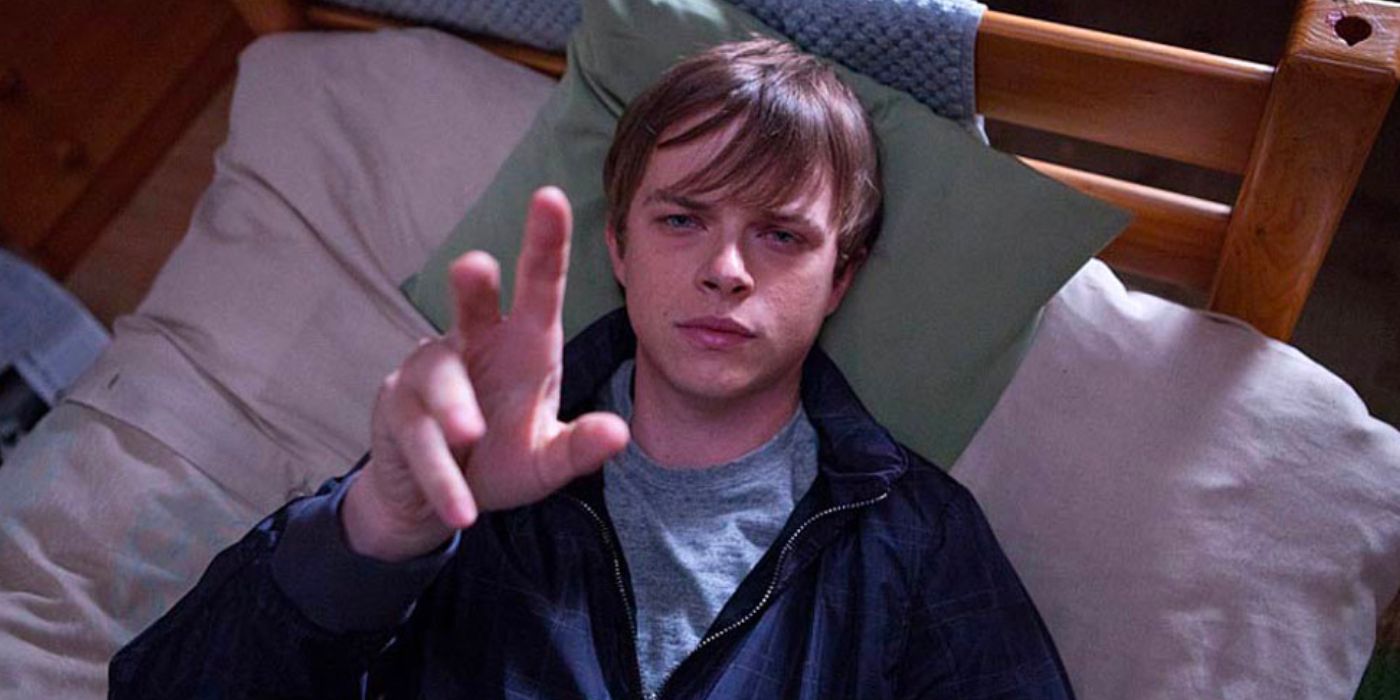
Like Hancock, Chronicle explored a far more grounded take on what having superpowers would realistically do to a human psyche, although it takes things in a far darker direction. Following the times of a trio of teen Seattlites that suddenly gain powerful telekinesis, the film’s varied cast offers what such power would look like through the lens of a variety of life experiences. Beyond its thematic direction, Chronicle also broke new boundaries for the superhero genre by being the first found footage movie to exist within it.
Toeing the line of horror, Chronicle‘s unhinged protagonist is utterly reprehensible, but disturbingly relatable. Misinterpreting his newfound power as a sort of divine justification for succumbing to his darkest ambitions, Andrew serves as a dangerous example in allowing oneself to believe that might is right. Between the thought-provoking tragedy of its narrative to its utterly unique presentation, Chronicle is a uniquely genre-bending venn diagram between superhero, horror, and coming-of-age movies.
6
Brightburn
Imagines Clark Kent as a disturbed child
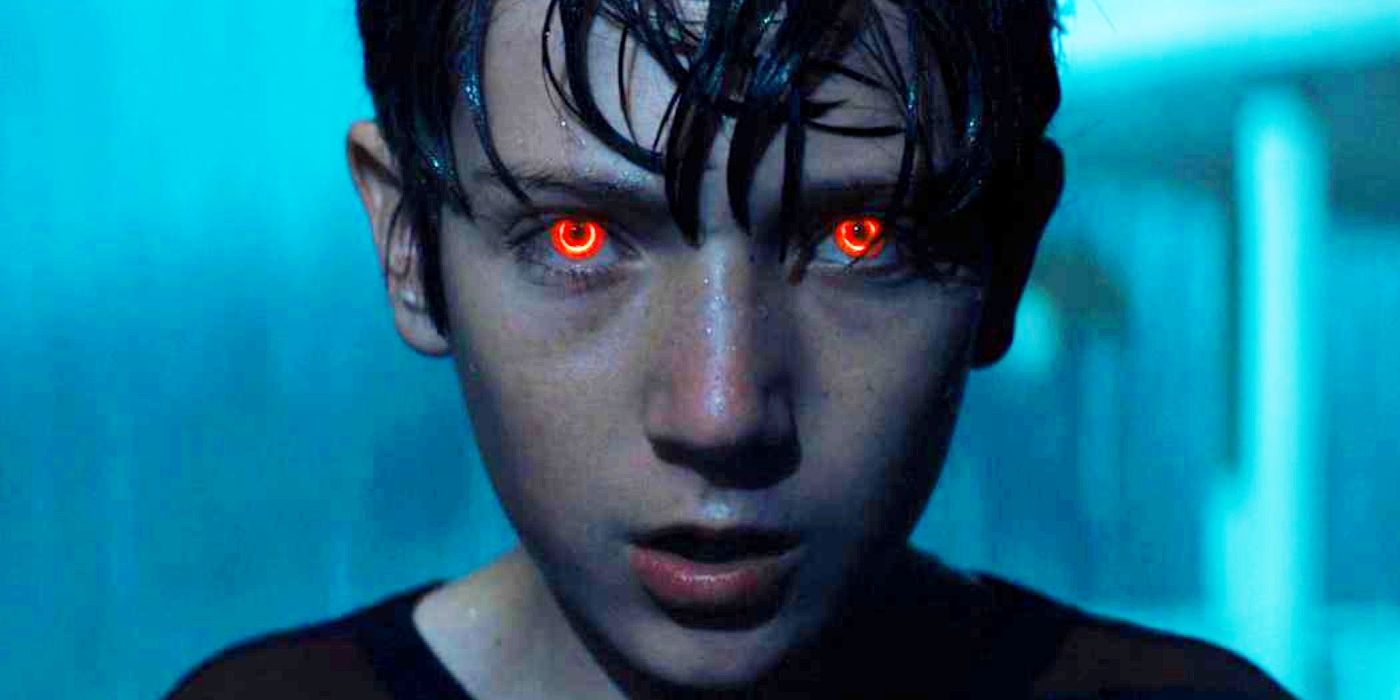
If Chronicle flirted with the idea of being a horror movie, Brightburn fully embraced the concept of a superpowered horror villain with open arms. Unlike most evil Supermen, Brightburn imagined a Clark Kent that snaps upon getting his powers as a child, exponentially increasing the creep factor by juxtaposing the innocence of a kid with the terrifying power of a Kryptonian. Even if not an official DC story, the film wears its comic book inspiration on its bloody sleeve.
Utterly subverting the superhero genre, Brightburn pulls no punches on the terror of a set of parents forced to reconcile with the fact that their beloved adopted child isn’t who he seems. Granted, Brightburn doesn’t fully live up to the promise of its premise, hitting credits faster than a speeding bullet without having thoroughly mined the concept of an evil alien boy. Regardless, it’s still an undoubtedly original film that has yet to be copied in concept or execution.
5
Captain America: The Winter Soldier
Made huge strides in the MCU
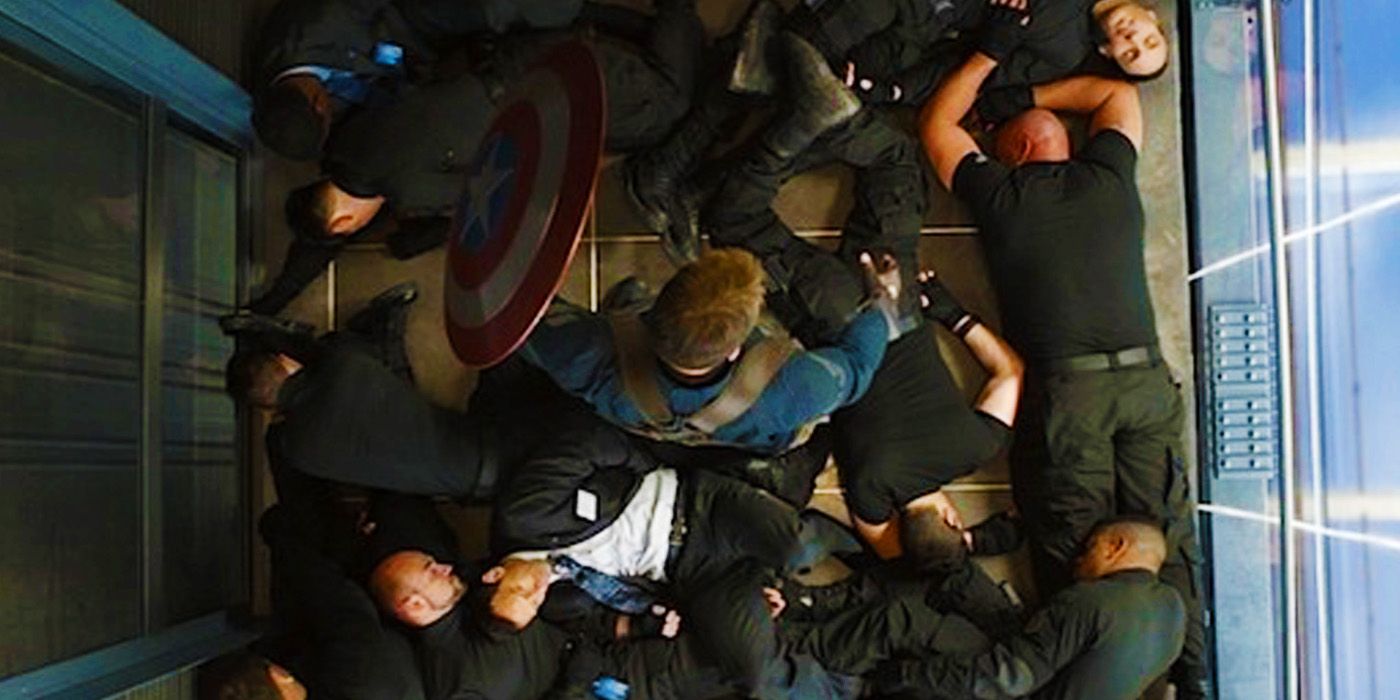
Captain America: The Winter Soldier is considered one of the MCU’s best movies, and for good reason. Unlike most of the more successful films in the franchise, the second Captain America installment doesn’t rely heavily on cameos from other heroes of world-ending threats. Instead, it blends genres by cross-breeding with an espionage thriller, setting a more grounded tone than the vast majority of MCU fare.
The personal stakes of Captain America: The Winter Soldier makes its narrative so effective, with Steve Rogers’ best friend and the organization he swore loyalty to both turning against him, turning Captain America into a fugitive in the eyes of the very government he swore to represent. It goes without saying that the film is also a master class in action choreography, boasting some of the best blocking and editing of any Marvel Studios film. From the more realistic tone to the dire straits of the plot and the first-class fight scenes, Captain America: The Winter Soldier honed Marvel’s tired formula to a razor-sharp edge.
4
The Avengers
The first major cross-movie team up
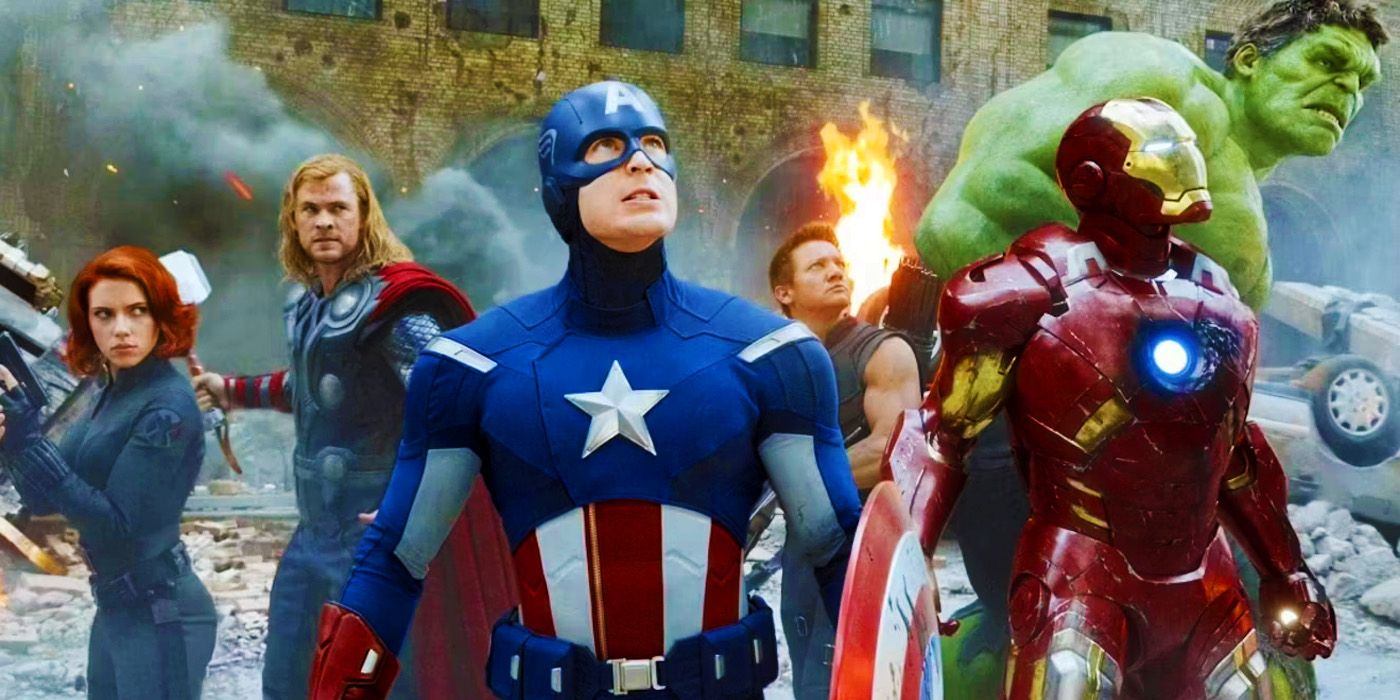
One of the most successful films ever made, The Avengers made history in more ways than one. Not only was it the first successful distillation in different characters from various standalone films into a single cohesive universe, but it was the first major team-up movie since 2000’s X-Men. Audiences hadn’t seen anything like The Avengers by the time of its release, and it forever altered the trajectory of cinema as a whole.
Not only have other superhero franchises been desperate to sow the same harvest the payoff of The Avengers represented, but the cinematic universe bug went on to bite non-comic book IPs as well. It certainly helps that the film is genuinely well-made, with a compelling villain, incredible performances, and genuine chemistry between its main cast. The Avengers not only changed the landscape of superhero movies, but Hollywood filmmaking in general.
3
The Dark Knight
Unequivocally proved superhero movies could be prestige cinema
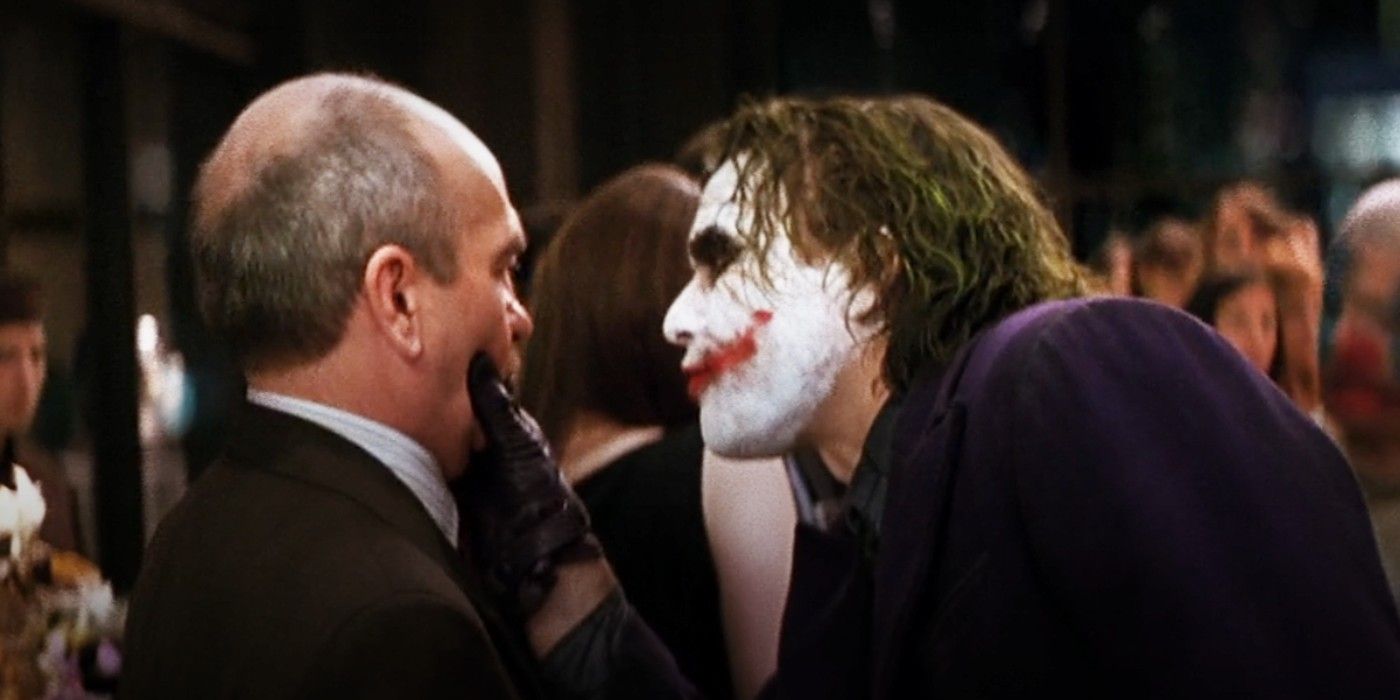
As recently as 2008, there remained those who doubted that superhero movies could ever be more than merchandising exercises preying on the nostalgia of comic book fans. Even the first entry of Christopher Nolan’s Dark Knight trilogy, Batman Begins, wasn’t compelling enough an argument to completely quell the qualms of qualified critics. But the second installment of the franchise forever proved that superhero stories were worth taking seriously as genuine prestige cinema.
For the performance of Heath Ledger’s mysterious Joker alone, the film is worthy of setting new heights as to what critical achievements superhero movies could aspire to. Showing up big at the Academy Awards the year of its release, The Dark Knight was an unprecedented academic success for a superhero movie, proving that the medium could feature stories with real weight behind them. If it wasn’t for the ground broken by Nolan’s masterpiece, it’s safe to say stories like Todd Phillip’s Joker or Netflix’s Daredevil would’ve never been told.
2
Joker
Deserves credit for blending comic books with hall-of-fame movies
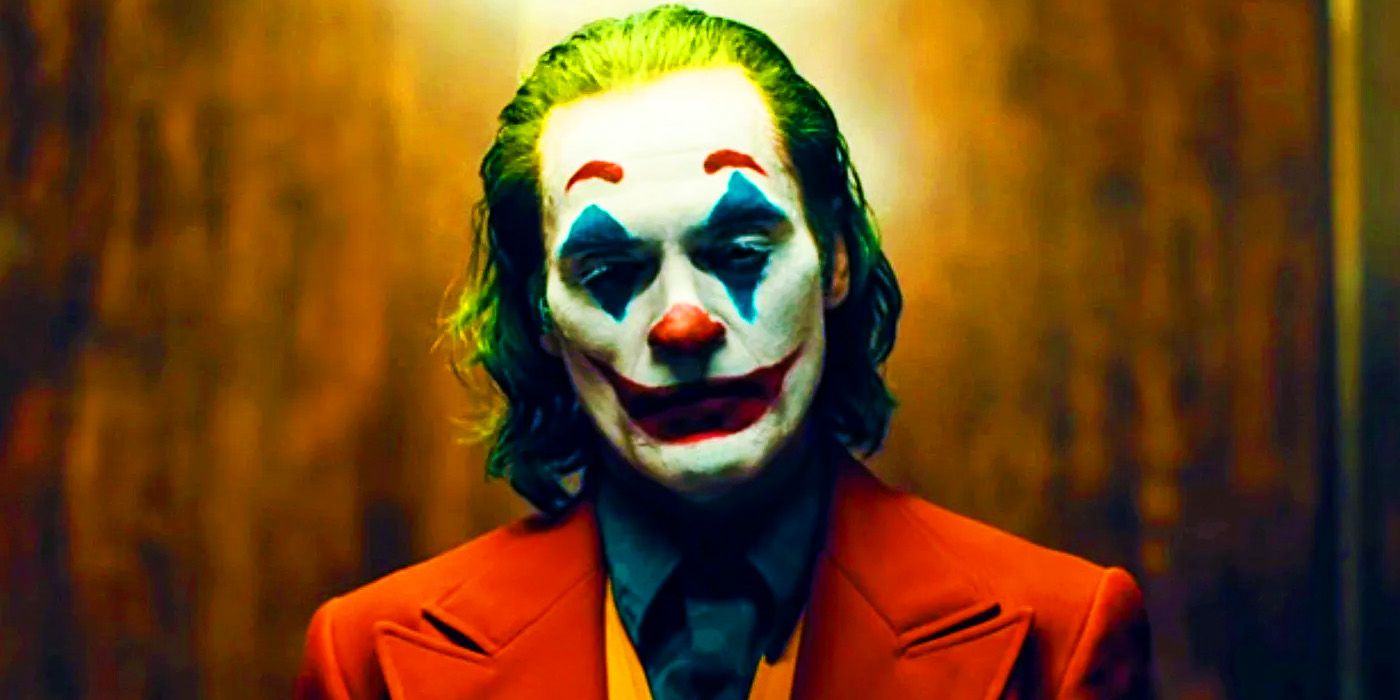
Even if Todd Phillip’s Joker might owe its existence to Christopher Nolan’s The Dark Knight, there’s no denying that the film left its own mark on the superhero genre. More like a fascinating character study than a traditional superhero movie, Joker didn’t go out of its way to follow any of the pre-existing qualifications for a superhero movie, like drawn-out fight sequences or secret identities. Instead, the film wore its cinematic influences on its sleeve.
Clearly taking inspiration from the works of Martin Scorsese, most specifically, The King of Comedy and Taxi Driver, Joker almost seemed to be on a one-movie mission to disprove the famed director’s disparaging remarks about the superhero genre. Rather than idolizing its protagonist, Joker paints him in a sympathetic, yet reprehensible light, showing the low depths humanity is willing to sink to in the name of callousness. Thought-provoking and nothing like any other comic book movie, Joker entered uncharted territory for a superhero story in more ways than one.
1
Blade
Hit two notable firsts for superhero movies
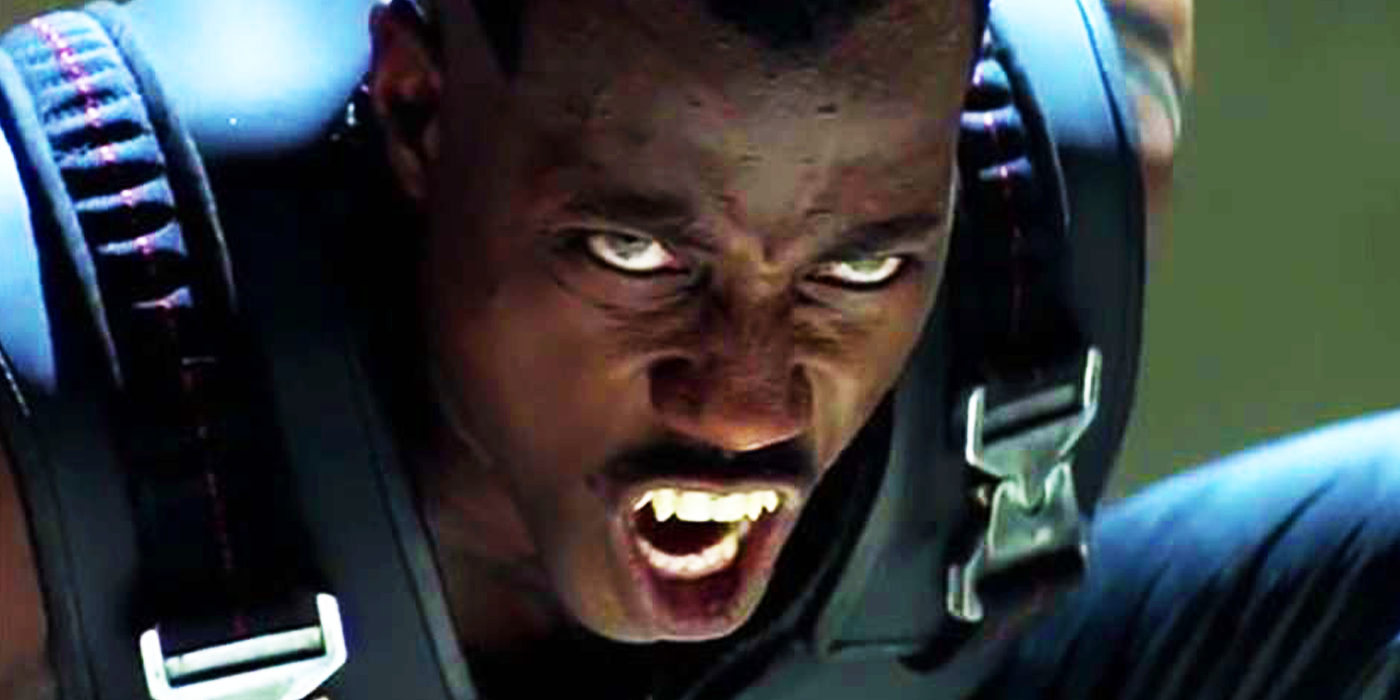
Though the Blade films would quickly go on to run out of steam, there’s no denying that the first entry in the series was a game-changing for the superhero genre. Admittedly, Blade isn’t the most heady or complex film, presenting a straightforward action tale not narratively distinct from hordes of other supehero movies. But the film adapting Marvel’s signature vampire killer was a smash hit despite being a pioneer in two key aspects.
Long before Black Panther, Blade dared to present the first African American superhero based on a Marvel property, with Wesley Snipe’s iconic performance as the character merging fiction with reality. Secondly, the film was the first major superhero movie to be rated-R, taking full advantage of the horrific status quo of Blade’s vampire-infested world, showing Blade drawing gallons of blood with his katana long before Deadpool. For these two historic firsts, Blade deserves more credit as a superhero movie that truly broke the mold.
